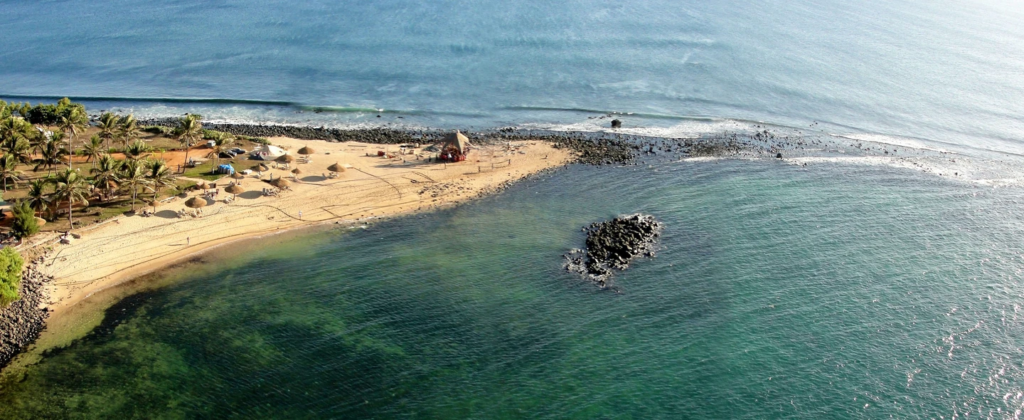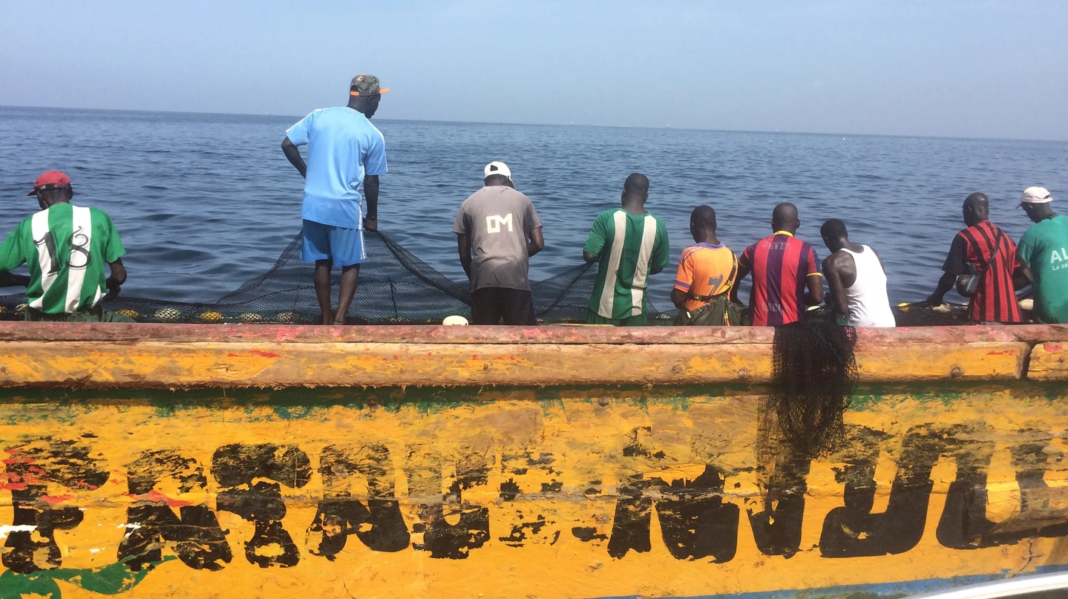Senegal has a long and turbulent history, with the earliest traces of human life dating as far back as the Stone Age. Since then, Senegal’s mighty rivers, golden coastline and sandy plains have found themselves part of empires, kingdoms and colonies, before finally gaining independence in 1960. But how did Senegal originally get its name? Here’s the real story.
The etymological maze all begins with Senegal’s geography. A low-lying country of mostly rolling desert plains, Senegal’s western side wholly borders the Atlantic Ocean, with land borders to the north (Mauritania), east (Mali), and south (Guinea and Guinea-Bissau). The Gambia, which runs along the Gambia river, is almost entirely engulfed, giving Senegal the cartographic appearance of having a mouth. In fact, it has two real mouths: the Casamance river in the south and the Senegal river in the north.

The 675-mile river, which gives its name to the country, flows from the south-east and forms Senegal’s northern and eastern borders. Reaching into the heart of the gold-rich Ghana and Mali empires (of which Senegal has at times been part of), the river became known by trans-Saharan traders as the “River of Gold” in the 14th century. It was a nickname that piqued the interest of a certain Portuguese Prince, Henry the Navigator, who after 20 years of failed attempts finally found the Senegal’s Atlantic mouth in the mid-15th century. Their arrival holds the clues to the Senegal name.

The Portuguese may have been the early bird, but they weren’t the only European nation to get the worm. At the heady time of merchant capitalism, maritime prowess and expansionist policies, the Dutch, British, and French all laid claim to parts of the Senegal in the centuries to come. The latter would eventually colonise almost all of Senegal, with Saint-Louis, on the mouth of the Senegal, serving as the French colonial capital from 1673 to 1902, before it was replaced by the country’s largest port, Dakar.
It was during this period that a French author and priest, David Boilat, put forward the most popular theory for Senegal’s name. Both before and after colonialisation, the most widely-spoken language in Senegal has been Wolof, with currently 43 per cent of the population speaking it. In 1850, Boilat proposed that ‘Senegal’ was a European-friendly conversion of the Wolof phrase ‘Sunu gaal’, meaning ‘our pirogue’ (our canoe), even suggesting a misunderstanding between a Portuguese captain, a Wolof fisherman, the name of the river and the ownership of the fisherman’s boat as the ingredients for the Senegal concoction.

This version of events has become the choice etymology of the Senegalese due to the charming symbolism of a nation all in the same boat. However, earlier recordings of the name by Portuguese explorers have implied this might not be the case. Writing in the 1460s, Alvise Cadamosto, who is credited with discovering the Cape Verde islands, was already calling the river ‘Senega’, with modern historians believing it may derive from the name of Saharan Berber people who lived north of the river: the Zenega people.
Other challenges suggest an even older derivation. According to Arab historian Al-Bakri, a city recorded as ‘Sanghana’ or ‘Isenghan’ stood at the mouth of the river in 1068, while the Medici Atlas – a 1351 Genoese Map – depicts a place called Senegany.
So, there we have it: no one knows the real story behind Senegal’s name, but at least, like the Senegalese, we’re all in the same boat.
Source: theculturetrip.com
A global media for the latest news, entertainment, music fashion, and more.




